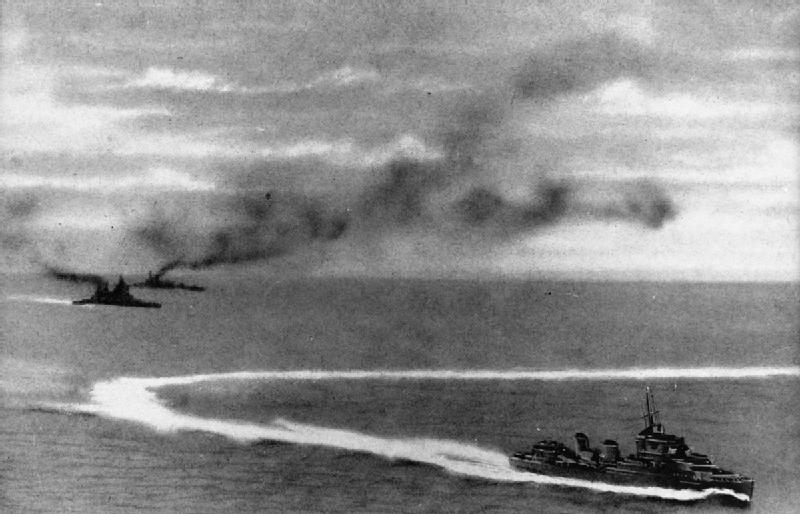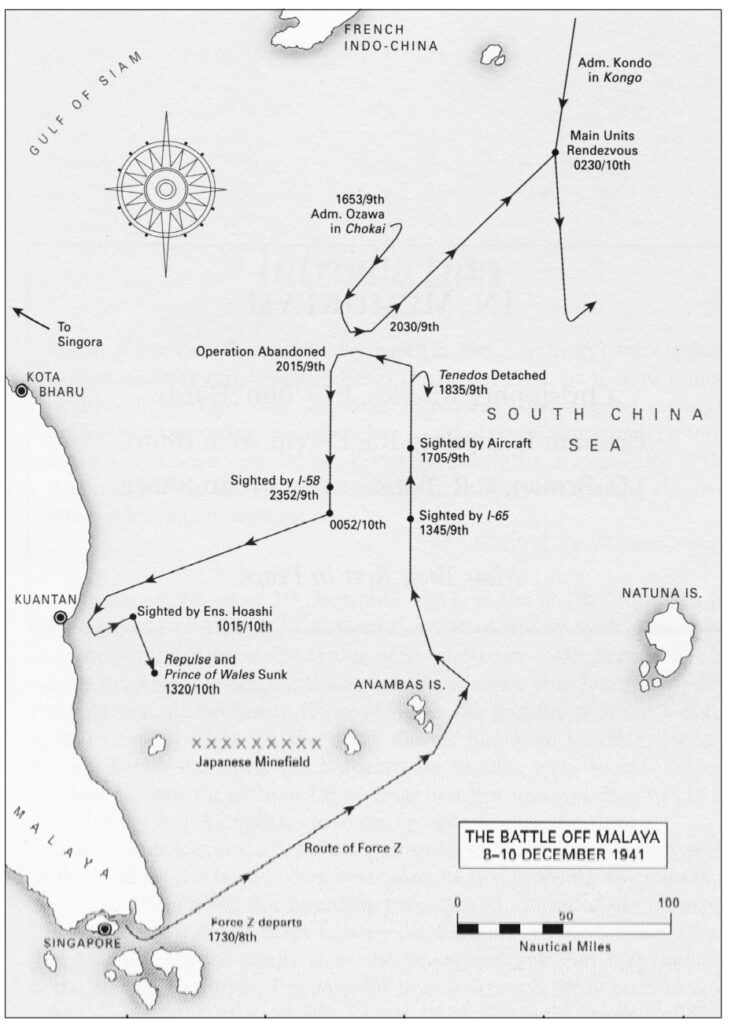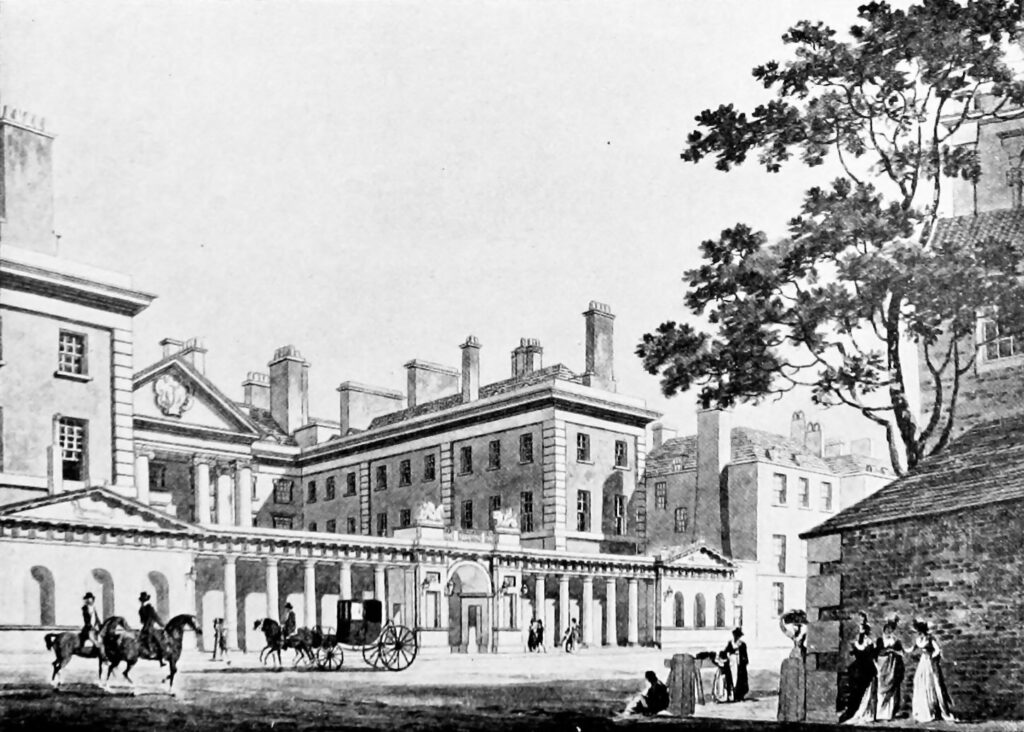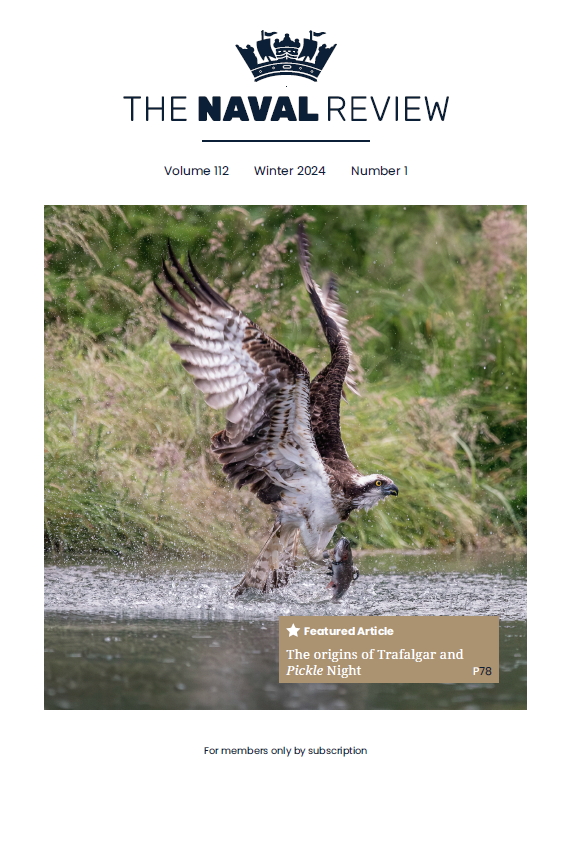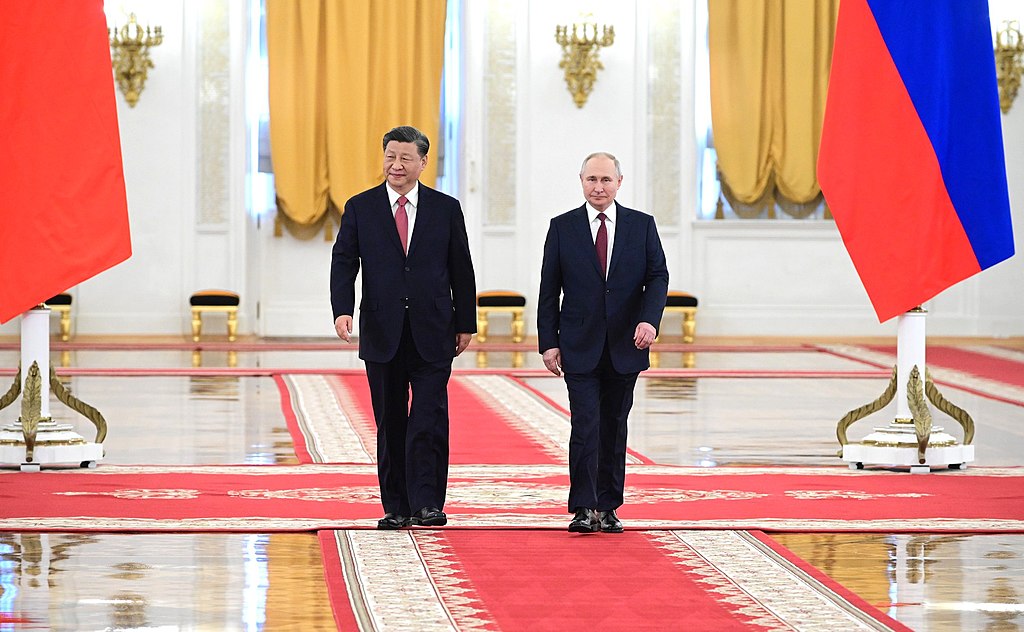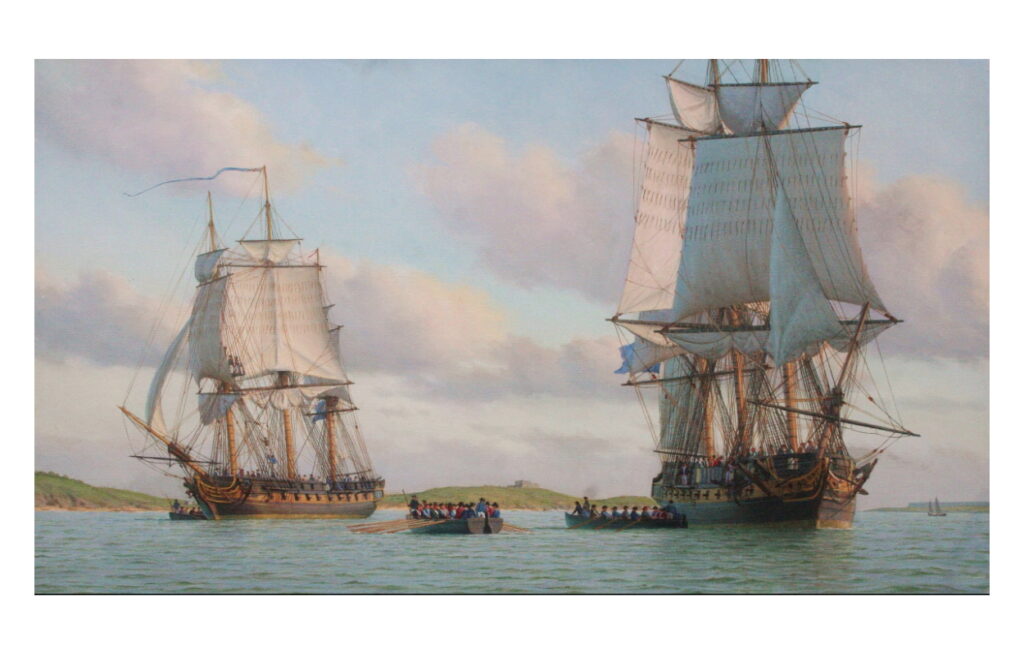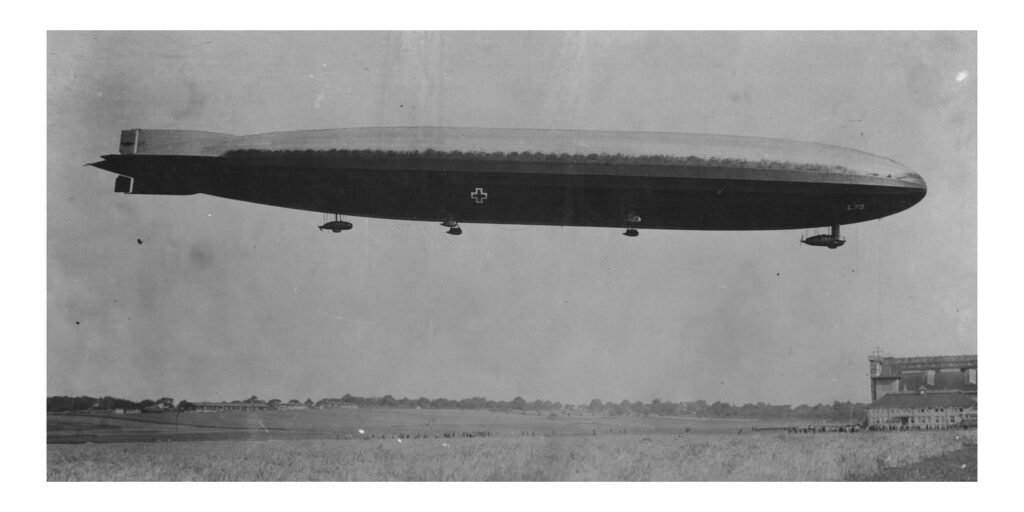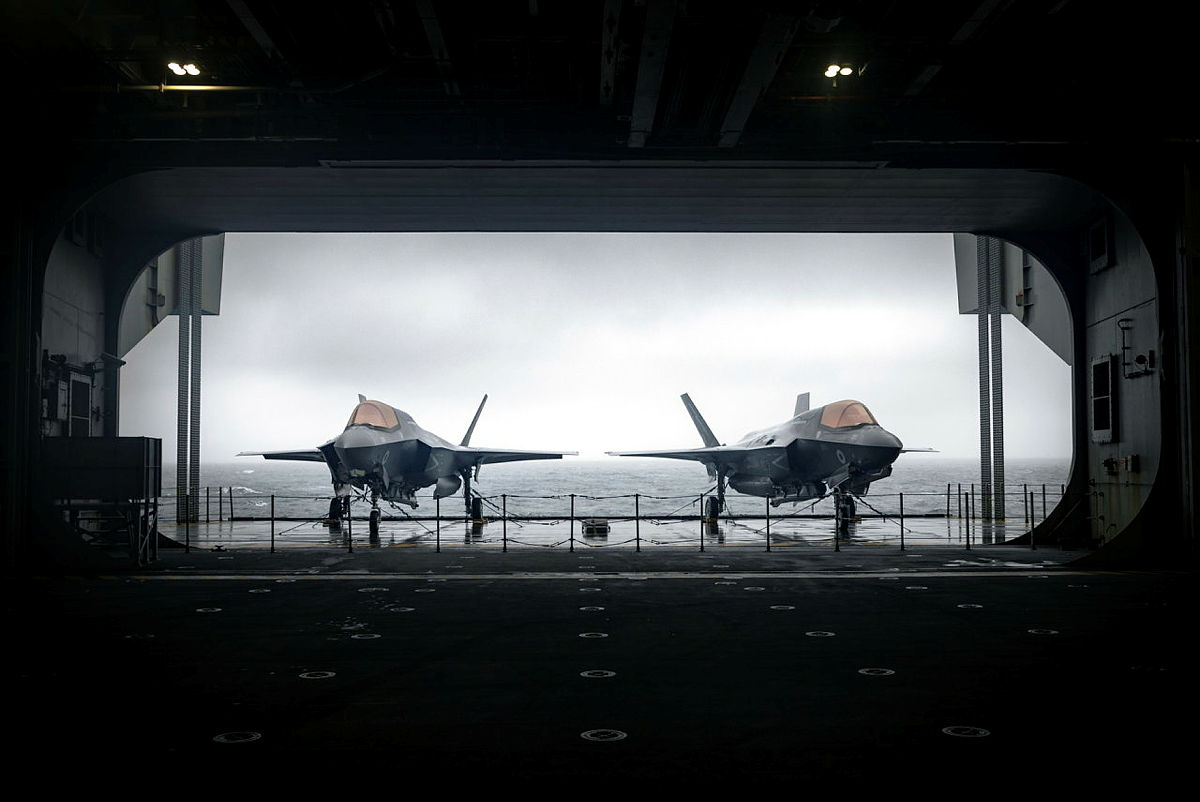
News & Views
News, Articles and Comment
The latest news and views in the UK Military Maritime Arena.
Showing all
Editorial: Naval Review 112/2
Ed. Firstly a bit of good news. A warm welcome to BMT Group, who have joined the Naval Review as our first Corporate Sponsor. Also, a particular thank you to our female membership and supporters who have been pulling out the stops, and as a consequence I am delighted to report that seven articles in this edition have been written, and contributed to, by women. Dr James Smith’s article on pg 264 deserves special mention, for those that follow the website Forum where we have enjoyed a serious debate over how the country failed to hold on to a maritime strategy in the 20th century. With the weight of articles we are currently receiving we are unable to reproduce this debate beyond the article in this edition, but please consider going online and joining in!
Letter to the Editor: The Fate of Force Z
Ed. Bruce Pascoe responds to Arthur Nicholson, with specific regard to the enigma of Phillips’ decision-making and failure to radio for air support during the Malay oki kaisen.
Letter to the Editor: A Reply to ‘Admiral Tom Phillips and the final command of Force Z’
Ed. Our correspondent, an expert on the fate of Force Z, responds to Bruce Pascoe’s analysis of Admiral Tom Phillips’ decision-making during the Malay oki kaisen.
Seablindness and the Royal Navy after 1964
Ed. With his trademark dissection of the conventional wisdom, the author argues that the concept of ‘seablindness’ is merely window dressing for the fundamental misunderstanding of the principles of British national strategy that has manifested over the last 60 years. A 20 minute read.
Editorial: Naval Review 112/1
Ed. To everyone who contributed to the Naval Review over the last 12 months, from our regulars to our first time authors and correspondents, our band of dedicated book reviewers and contributors on the Forum, along with those who have taken the trouble to pass feedback, both good and bad, along to those who help me deliver the Naval Review, especially the Trustees, Secretary Treasurer in particular, and the Editorial team, may I offer a heartfelt thank you and wish all our readership a Happy and prosperous New Year.
The Russo-Ukrainian War and the end of the West’s global hegemony
Ed. The author continues his contentious analysis of the Russia-Ukraine War [110/4, p. 482], with particular attention to the perceived failure of British grand strategy vis-à-vis the geopolitical consequences of Russia’s energy superpower status. A 30 minute read.
CASD and possibly AUKUS are becoming unsustainable
Ed. Persistent personnel and procurement challenges leads the author to question the viability of Continuous At Sea Deterrence and raise concern over the future of the SSN-AUKUS program.
The Royal Navy and the Peninsular War
Ed. The Royal Navy not only logistically enabled Wellington’s campaigns during the Peninsular War, but also acted as a force-multiplier during the critical operations at Cadiz, Lisbon and elsewhere. Originally published in 2010 [98/4, p. 385]. A 30 minute read.
The Destruction and Salvage of Zeppelin L70
Ed. Originally published in 1963 [51/4, p. 430] as a reprint from Cross & Cockade magazine, the author provided a fascinating retelling of the final flight of Peter Strasser, the iconoclastic chief of Imperial Germany’s Naval Airships, who refused to recognize that by August 1918 British air defences had doomed the Zeppelins to military obsolescence. A 30 minute read.


